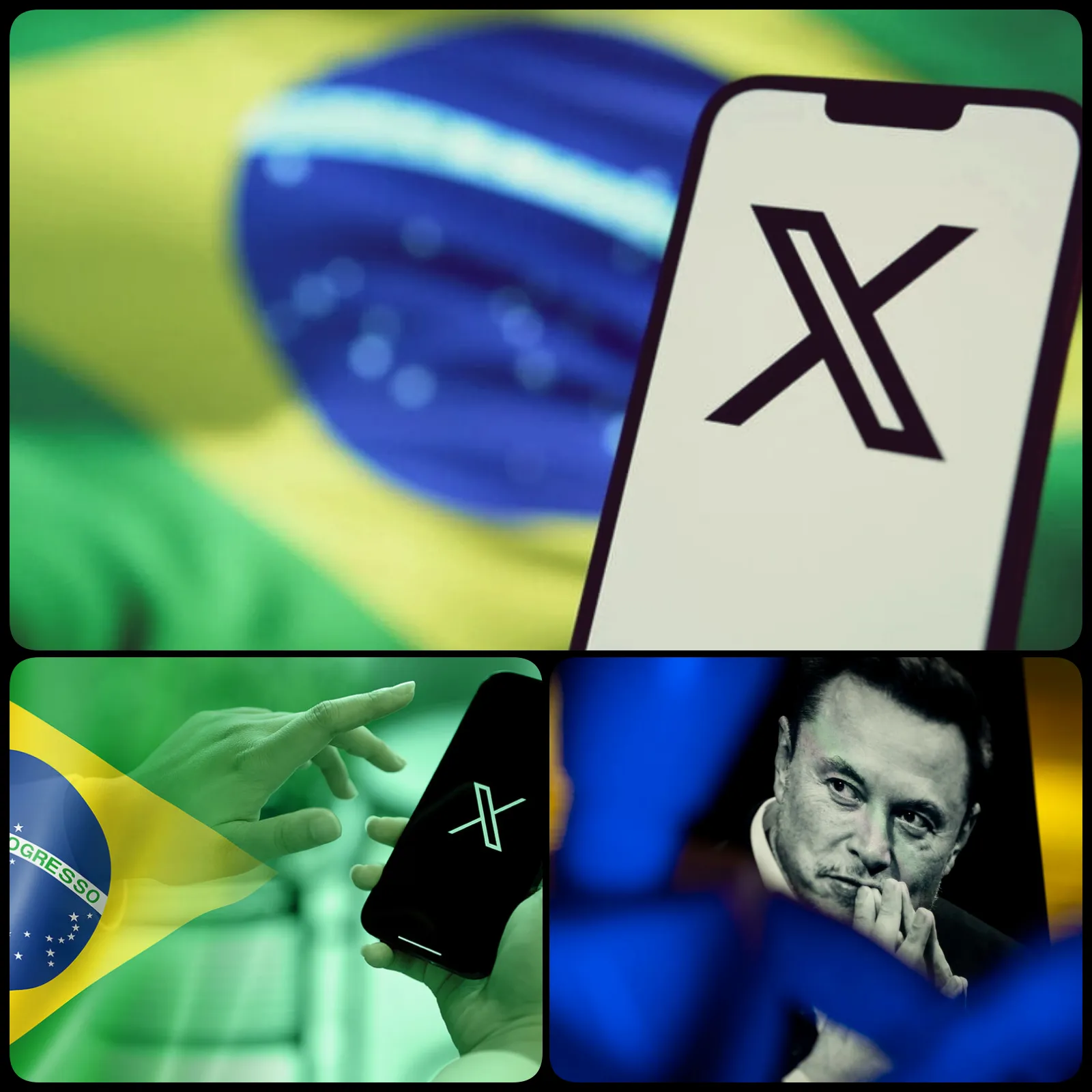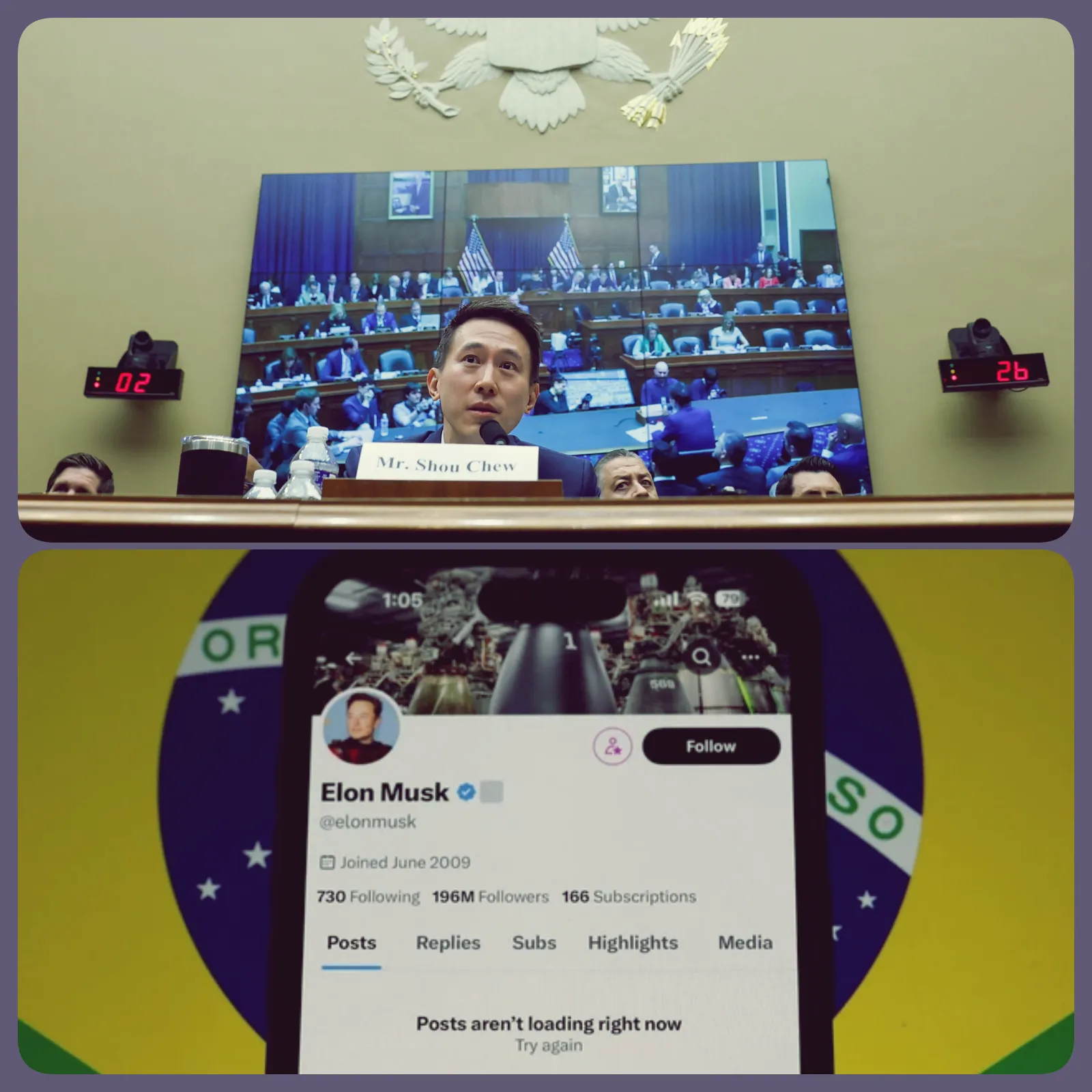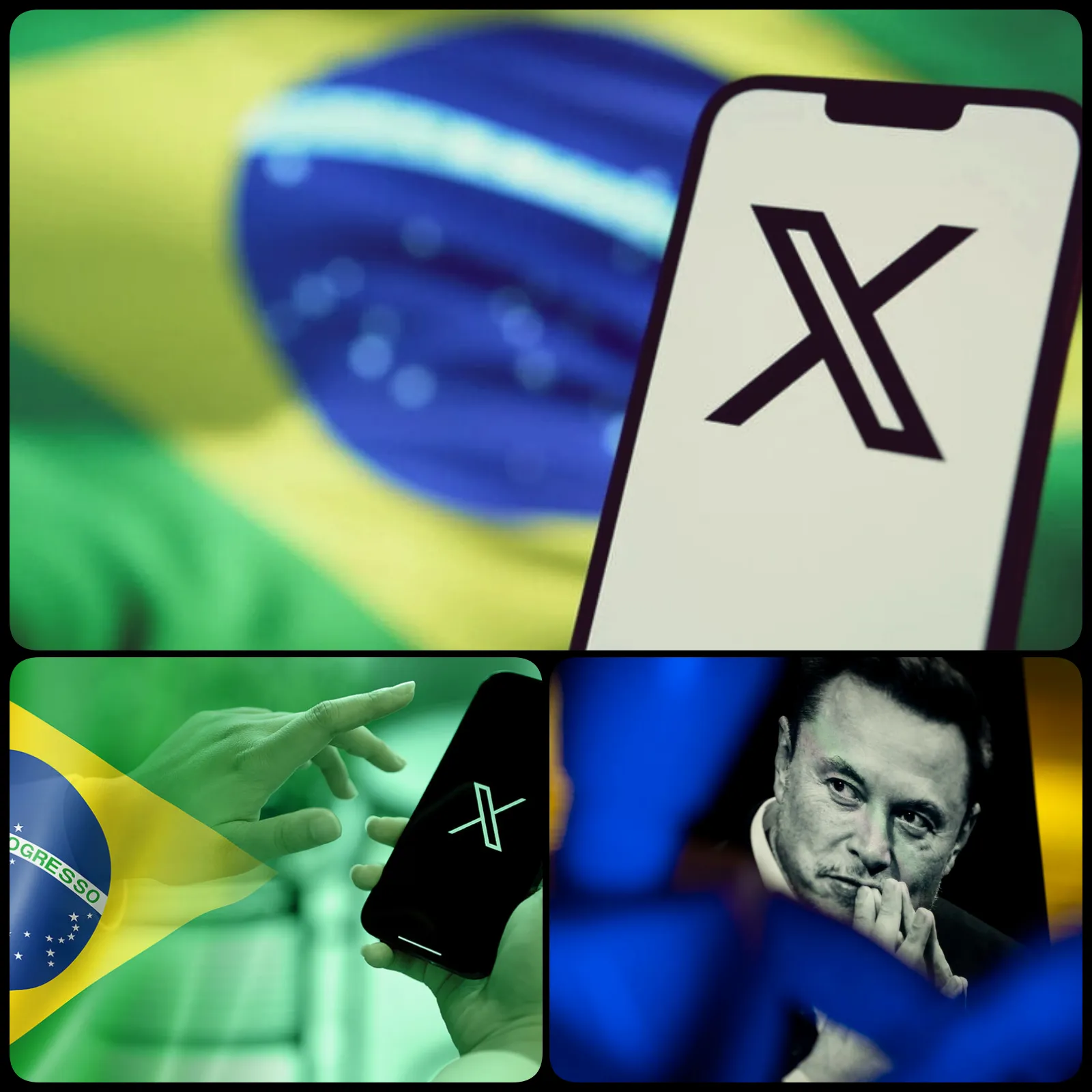
In a striking move amidst a flood of misinformation surrounding Brazil’s 2022 presidential election, the Supreme Court of Brazil has ordered an unprecedented ban on the social media platform X, formerly known as Twitter. The ban, which took effect on August 31, has left millions of Brazilian users cut off from the platform, following the refusal of X’s owner, billionaire Elon Musk, to comply with local regulations.
The Supreme Court’s decision came after a prolonged standoff between Musk and Brazilian authorities. The court, led by Justice Alexandre de Moraes, issued the ban as part of a broader effort to combat the spread of far-right content and anti-democratic rhetoric on social media. Moraes had previously ordered X to remove content deemed harmful, but Musk’s defiance escalated the situation.

On August 29, Musk ignored a 24-hour deadline to appoint a new legal representative for X after the platform had shut its local office earlier in the month. The following day, Moraes responded by prohibiting X from operating in Brazil, accusing it of allowing the rampant dissemination of misinformation and hate speech that threatens democratic processes.
Moraes didn’t stop there; he warned that any attempts to bypass the ban could result in fines of up to $9,000 per day. The Supreme Court’s decision is part of a larger strategy to address misinformation, which has become a significant concern in Brazil’s political landscape.
This aggressive stance against misinformation is one of the most comprehensive efforts seen globally, the court’s approach—demanding swift removal of thousands of posts—represents one of the most vigorous anti-misinformation campaigns undertaken.
In Europe, similar efforts have been made, with the European Union enacting regulations in 2022 that mandate social media platforms adhere to specific content standards. In the U.S., President Joe Biden signed legislation in April requiring ByteDance, the Chinese company behind TikTok, to divest its U.S. assets by January 19, 2025, or face a ban.

However, Brazil’s measures against X are particularly drastic. Analysts suggest that Brazil had little choice but to act decisively given Musk’s public disregard for court orders. Fábio de Sá e Silva, a scholar at the University of Oklahoma, views the ban as a strong critique of multinational tech companies that sometimes place themselves above national laws.
Conversely, some critics argue that Justice Moraes may have overstepped with the financial penalties imposed. Mariana Valente, director of InternetLab in Brazil, expressed concerns over the broad nature of the ban and called for the Supreme Court to revisit and refine its ruling on X.
As the global debate over social media regulation intensifies, Brazil’s bold action raises important questions about the balance between combating misinformation and safeguarding freedom of speech.






